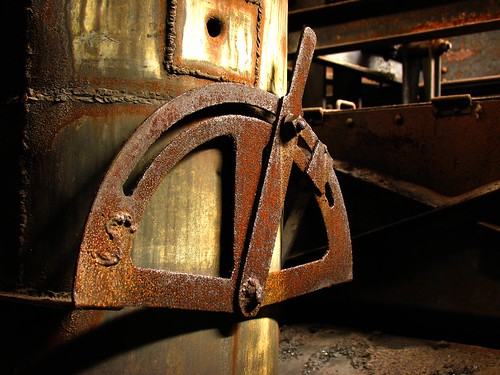 From the Stanford Report:
From the Stanford Report:All species of wild seafood will collapse within 50 years, according to a new study by an international team of ecologists and economists. Writing in the Nov. 3 issue of the journal Science, the researchers conclude that the loss of marine biodiversity worldwide is profoundly reducing the ocean's ability to produce seafood, resist diseases, filter pollutants and rebound from stresses, such as climate change and overfishing.
"Unless we fundamentally change the way we manage all the ocean species together as working ecosystems, then this century is the last century of wild seafood," said study co-author Stephen Palumbi, professor of biological sciences at Stanford's Hopkins Marine Station.
"The data show us it's not too late," Worm said. "We can turn this around. But less than 1 percent of the global ocean is effectively protected right now. We won't see complete recovery in one year, but in many cases species come back more quickly than people anticipated—in three to five to 10 years. And where this has been done we see immediate economic benefits."
"This isn't predicted to happen, this is happening now," said co-author Nicola Beaumont, an ecological economist with the Plymouth Marine Laboratory. "If biodiversity continues to decline, the marine environment will not be able to sustain our way of life. Indeed, it may not be able to sustain our lives at all."



